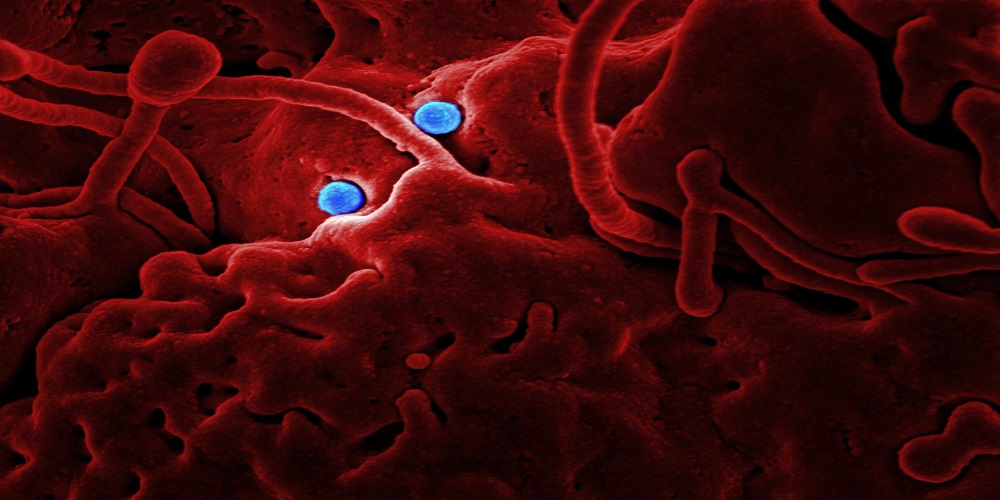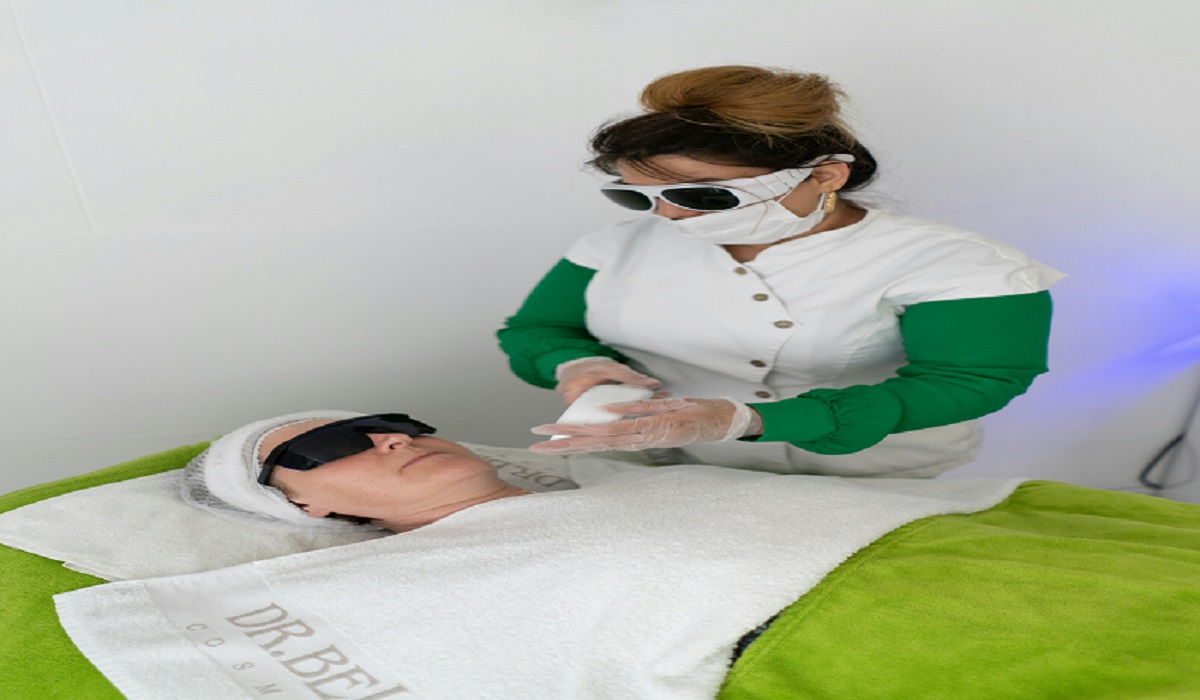One of the most important lessons in life is prioritizing our mental health. Whether you prefer self-care practices or beauty routines, it is essential to do something for your spirit.
Believe it or not, one of the best ways to support mental health is by adopting habits that support gut health. So, what is the connection between gut bacteria and mental health?
Supporting gut health is essential for numerous reasons. Our gut contains the enteric nervous system or our “second brain.” It is responsible for producing produces serotonin, a mood-elevating hormone or “the happiness hormone.” The beneficial bacteria in our gut can also encourage vitamin production, a healthy sleep rhythm, and hormone production.

How Does Gut Bacteria Impact Mental Health
Gut microbiome microbiomes and mental health can impact one another. The gut and brain come from the same cells in the embryo, which split to create two separate organs connected by the vagus nerve.
Numerous studies associate gut health and depression as well as Parkinson’s disease, anxiety, and other conditions of the central nervous system. For example, people with low diversity in the gut are more likely to experience anxiety and depression.
Studies also show that eating certain foods affects the composition of brain function, the gut microbiome, and mental health. For example, when eating nutrient-rich foods, their byproducts interact with the gut bacteria, resulting in short-chain fatty acids. These acids support gut bacteria and mental health and help the production of postbiotics.
Essentially, consuming the right foods and probiotics can improve mental health and well-being.
How to Balance Gut Bacteria and Mental Health
While probiotics for mental health and a healthy diet can impact your overall well-being, it is essential to adopt certain habits.
Add Spices to Meals
Some spices have anti-inflammatory and anti-oxidant features that can affect your digestive tract and support gut health. For example, some of the best gut-boosting spices that prevent bacterial strains and viruses are saffron, turmeric, bay leaves, cinnamon, and oregano.
Consume Omega-3 Fatty Acids
Numerous studies prove that omega-three fatty acids help with anxiety. A high amount of omega-three is present in salmon, walnuts, sardines, hemp seeds, and anchovies. If you don’t eat some of these foods, you can also consider supplementation.
Eat Leafy Greens
Eating leafy greens is vital as they are rich in fibre, folate, iron, and other vitamins. Leafy greens like swiss chard, spinach, arugula, and collard greens are excellent sources of folate.
Folate is an essential vitamin, helping to decrease depressive symptoms and improve gut bacteria and mental health.
Focus on Vitamin D
Not receiving enough vitamin D may lead to anxiety and depression. Unfortunately, vitamin D deficiency is common, so it is essential to implement more foods rich in this vitamin. Herring, salmon, cod liver oil, sardines, and egg yolks are some of the best vitamin D-rich foods.
Consider Naturopathic Medicine
If you want to take a different approach regarding your gut bacteria and mental health, consider naturopathic medical treatments.
Dr. Courtney Holmberg offers several treatments to improve your quality of life. Contact us at 647-351-7282 to book an appointment.


